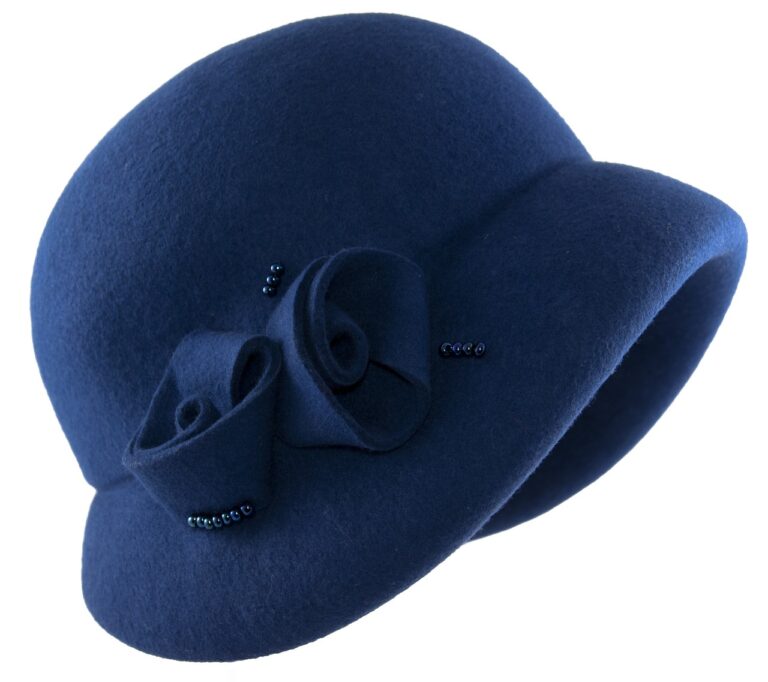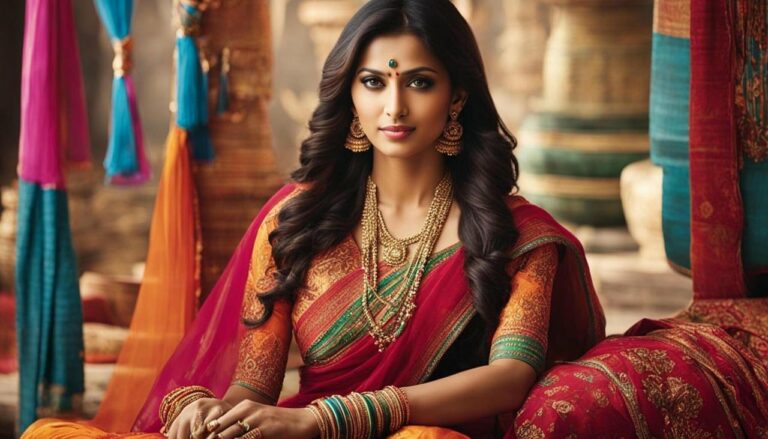The Impact of Influencer Marketing on Fashion Brands: Betbhai 9, Playexch, Gold365.win login
betbhai 9, playexch, gold365.win login: In the ever-evolving world of fashion, staying relevant and engaging with consumers has become increasingly challenging for brands. With the rise of social media and digital platforms, influencer marketing has emerged as a powerful tool for fashion brands to connect with their target audience and drive sales. In this article, we will explore the impact of influencer marketing on fashion brands and how it has revolutionized the way they reach and engage with consumers.
The Rise of Influencer Marketing in the Fashion Industry
Influencer marketing has become a dominant force in the fashion industry, with brands partnering with social media influencers to help promote their products and reach a wider audience. Influencers are individuals who have a large following on social media platforms such as Instagram, YouTube, and TikTok, and have the ability to influence the purchasing decisions of their followers.
Fashion brands have realized the power of influencer marketing in driving brand awareness, increasing sales, and building brand loyalty. By collaborating with influencers who have a strong presence in the fashion space, brands can tap into their loyal fan base and leverage their influence to promote their products in a more authentic and relatable way.
The Impact of Influencer Marketing on Fashion Brands
1. Increased brand awareness: One of the key benefits of influencer marketing for fashion brands is the ability to reach a larger audience and increase brand awareness. By partnering with influencers who have a large following, brands can expose their products to new customers and create buzz around their brand.
2. Enhanced credibility and trust: Consumers today are becoming increasingly savvy and skeptical of traditional advertising. By partnering with influencers who have built a strong personal brand and rapport with their followers, fashion brands can enhance their credibility and build trust with consumers.
3. Improved engagement and interaction: Influencer marketing allows fashion brands to engage with consumers in a more interactive and personalized way. By collaborating with influencers who create authentic and engaging content, brands can foster a deeper connection with their target audience and drive higher levels of engagement.
4. Increased sales and revenue: Influencer marketing has been proven to drive sales and revenue for fashion brands. Research has shown that consumers are more likely to purchase a product recommended by an influencer they trust, leading to increased conversions and higher return on investment for brands.
5. Adaptability and flexibility: Influencer marketing offers fashion brands a high level of adaptability and flexibility in their marketing strategies. Brands can easily adjust their campaigns and collaborate with different influencers to target specific audiences or promote new products, keeping their marketing efforts fresh and relevant.
6. Global reach: Influencers have a global reach, allowing fashion brands to expand their reach and target international markets. By partnering with influencers from different countries and cultural backgrounds, brands can tap into new markets and connect with a diverse range of consumers.
FAQs
1. How do fashion brands choose the right influencers to partner with?
Fashion brands typically look for influencers who align with their brand values, have a similar target audience, and create content that resonates with their followers. Brands also consider the influencer’s engagement rate, authenticity, and reputation before entering into a partnership.
2. Is influencer marketing effective for all fashion brands?
While influencer marketing can be highly effective for most fashion brands, the success of a campaign depends on various factors such as the influencer’s reach and engagement, the quality of the content created, and the fit between the brand and the influencer. It’s essential for brands to carefully plan and execute their influencer marketing campaigns to achieve the desired results.
3. How can fashion brands measure the success of their influencer marketing campaigns?
Fashion brands can measure the success of their influencer marketing campaigns by tracking key performance indicators such as engagement rates, website traffic, conversion rates, and sales attributed to the influencer collaboration. Brands can also use tools like Google Analytics and social media analytics to monitor the impact of their campaigns.
4. What are the trends shaping the future of influencer marketing in the fashion industry?
Some of the trends shaping the future of influencer marketing in the fashion industry include the rise of micro-influencers, the emphasis on authenticity and transparency, the growth of video content, and the increasing use of AI and data analytics to optimize influencer campaigns. Brands that stay ahead of these trends and innovate their influencer marketing strategies are likely to see continued success in the competitive fashion landscape.
In conclusion, influencer marketing has had a significant impact on fashion brands, revolutionizing the way they connect with consumers and drive sales. By partnering with the right influencers and creating compelling and authentic content, fashion brands can leverage the power of influencers to build brand awareness, enhance credibility, and drive revenue. As influencer marketing continues to evolve, fashion brands must stay agile and adapt their strategies to stay relevant and engage with their target audience effectively.







